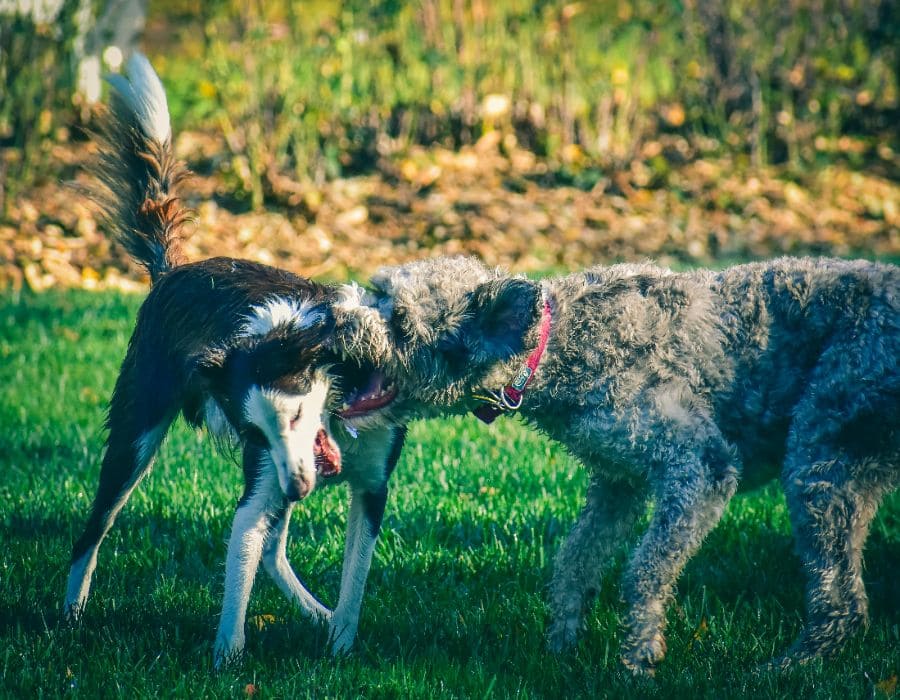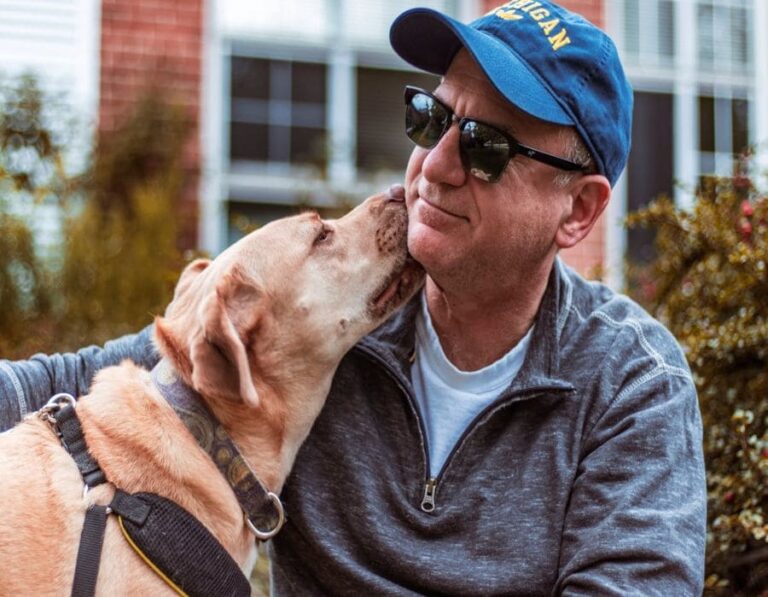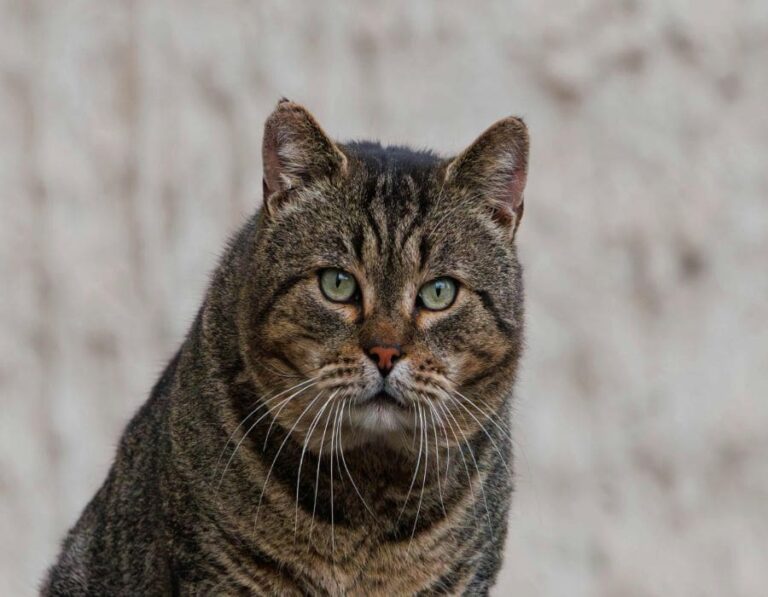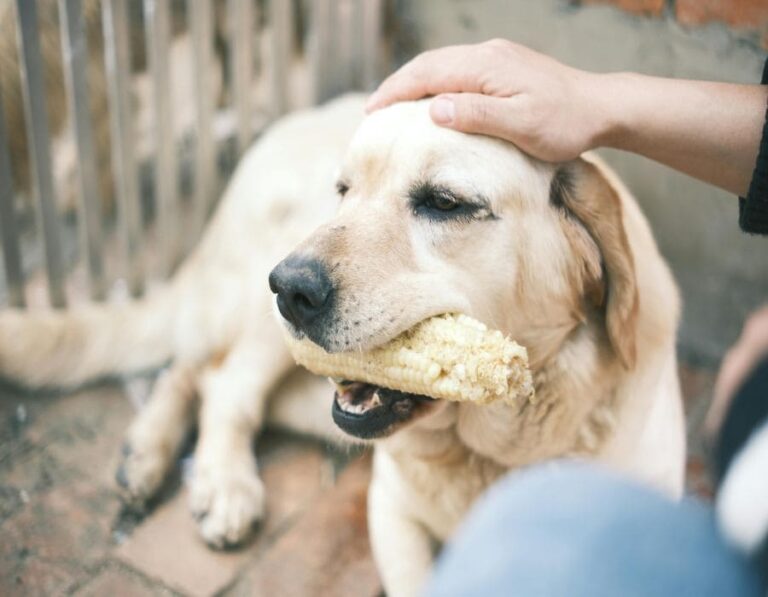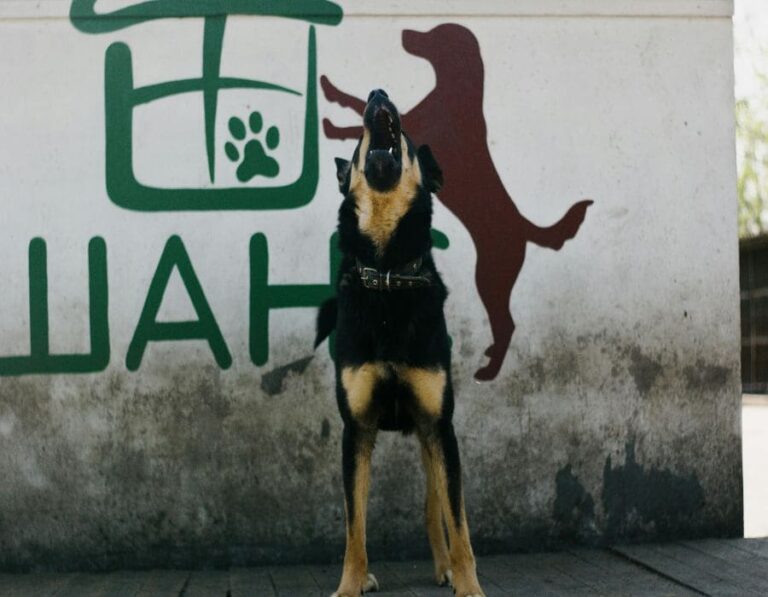Top 14 Worst Dog Breeds, According to Data
Every dog breed has unique traits, but some breeds are labeled as “challenging” due to their specific needs, tendencies, or traits that can make them difficult for certain owners. Factors like high energy, stubbornness, aggression, or health issues often contribute to these reputations. However, it’s important to note that no dog is inherently “bad.” With the right care, training, and environment, these breeds can be wonderful companions.
Here are 14 breeds that, according to data and expert insights, are considered among the most challenging for inexperienced or unprepared owners.
1. Chow Chow
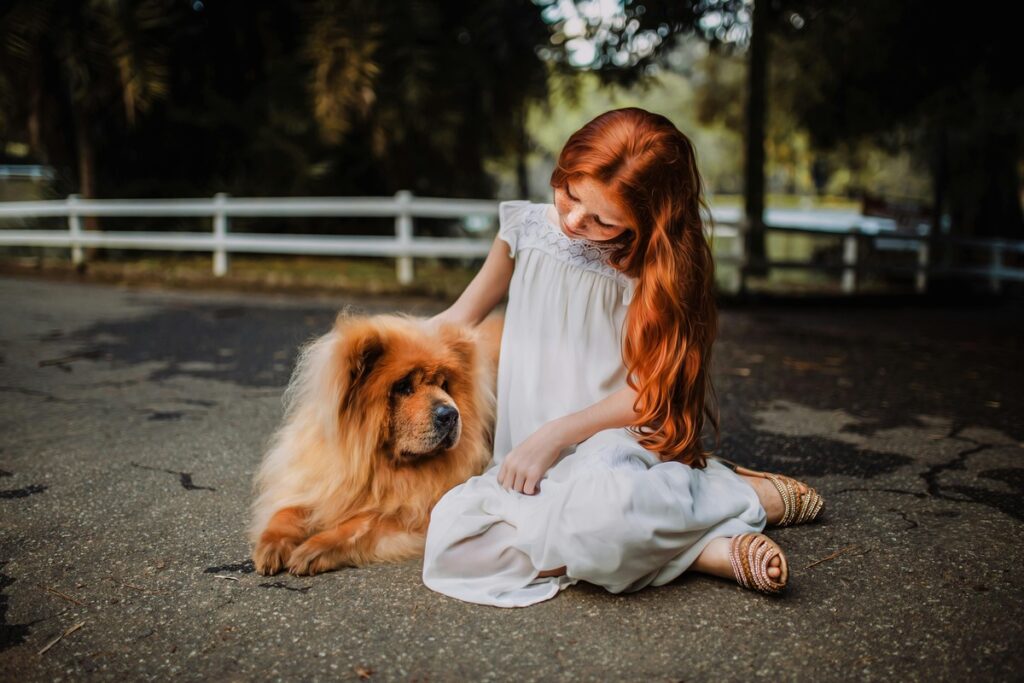
Chow Chows are as beautiful as they are aloof, with their lion-like manes and regal demeanor. However, they are notoriously independent and territorial, often showing aggression if not properly trained or socialized. This stubbornness makes them harder to train, and their reluctance to tolerate other pets or children can be a challenge for many households. Chow Chows require a firm, experienced owner who can set boundaries early.
2. Dalmatian
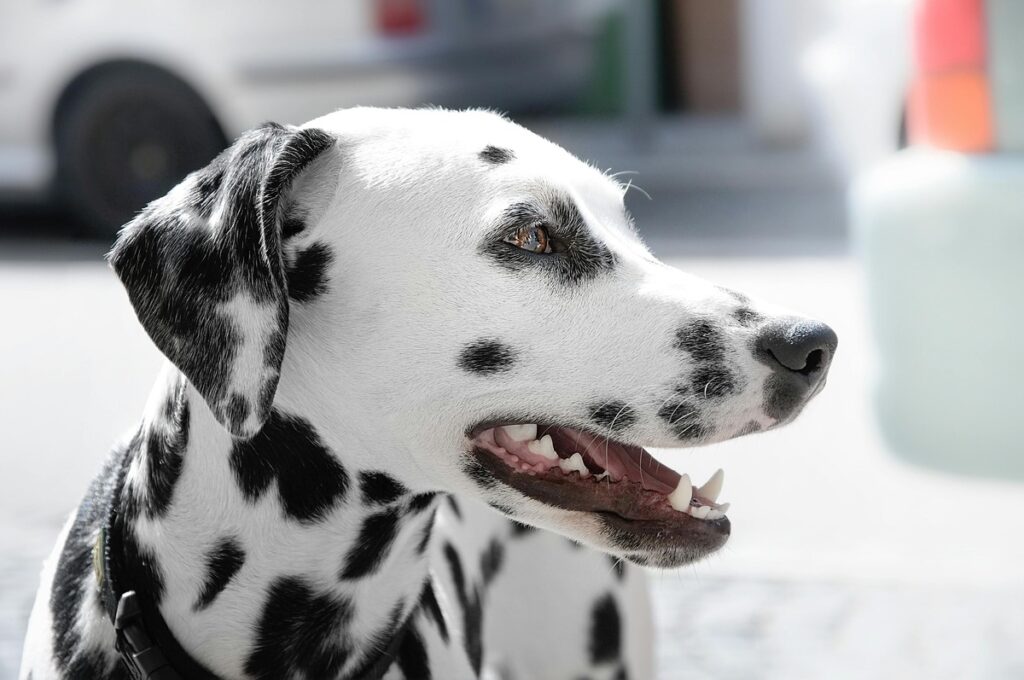
Dalmatians are energetic, strikingly beautiful dogs with a history of working alongside firefighters and horse-drawn carriages. Despite their charm, they have a reputation for unpredictable behavior and a tendency toward aggression if they aren’t well-socialized. Their stubborn streak and need for extensive exercise make them unsuitable for laid-back or inexperienced owners. Without proper outlets for their energy, Dalmatians can become destructive and difficult to manage.
3. Akita
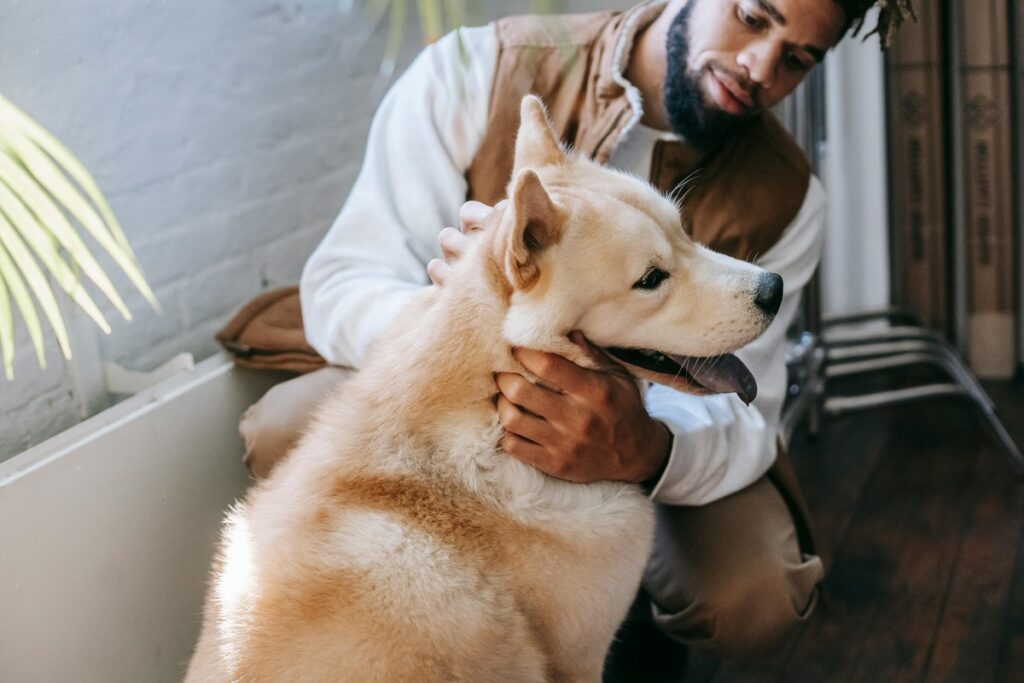
The Akita’s loyalty and quiet confidence make them excellent protectors, but their strong-willed and dominant nature can be challenging. They can be aloof with strangers and sometimes aggressive toward other animals. Akitas need consistent training and early socialization to temper their natural guarding instincts. Owners who lack confidence or experience may struggle to manage this powerful breed effectively.
4. American Pit Bull Terrier
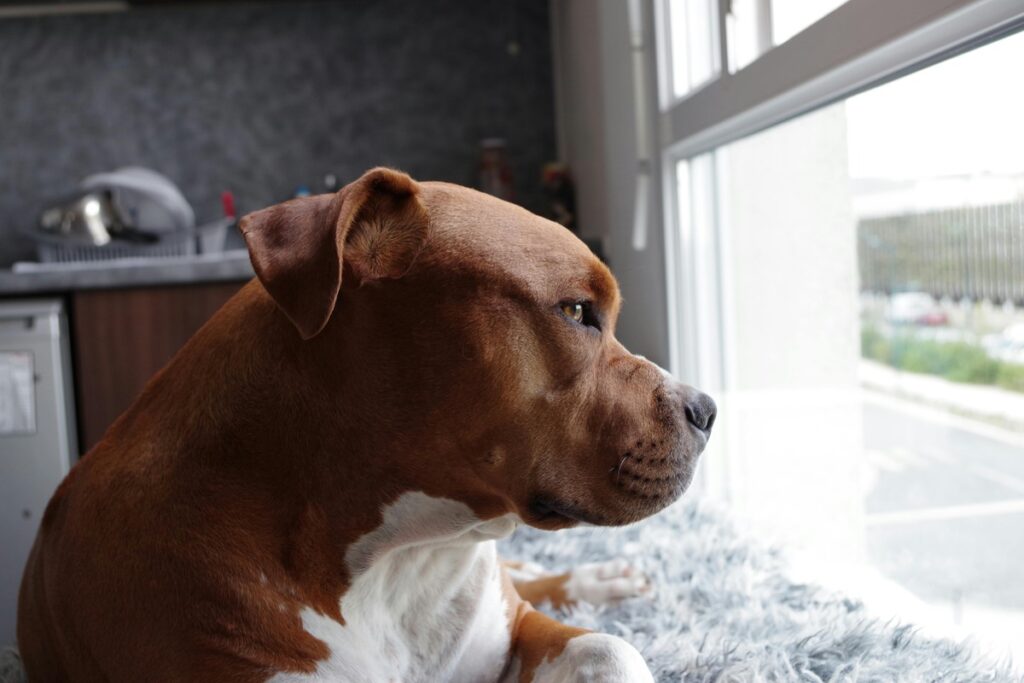
Pit Bulls often face controversy due to their reputation and involvement in breed-specific legislation. While they can be incredibly loving and loyal, their strength and high energy require diligent training and responsible ownership. Without proper socialization, they can develop problematic behaviors, especially if they sense a lack of leadership. Pit Bulls thrive in homes where they receive structure, training, and regular physical activity.
5. Rottweiler
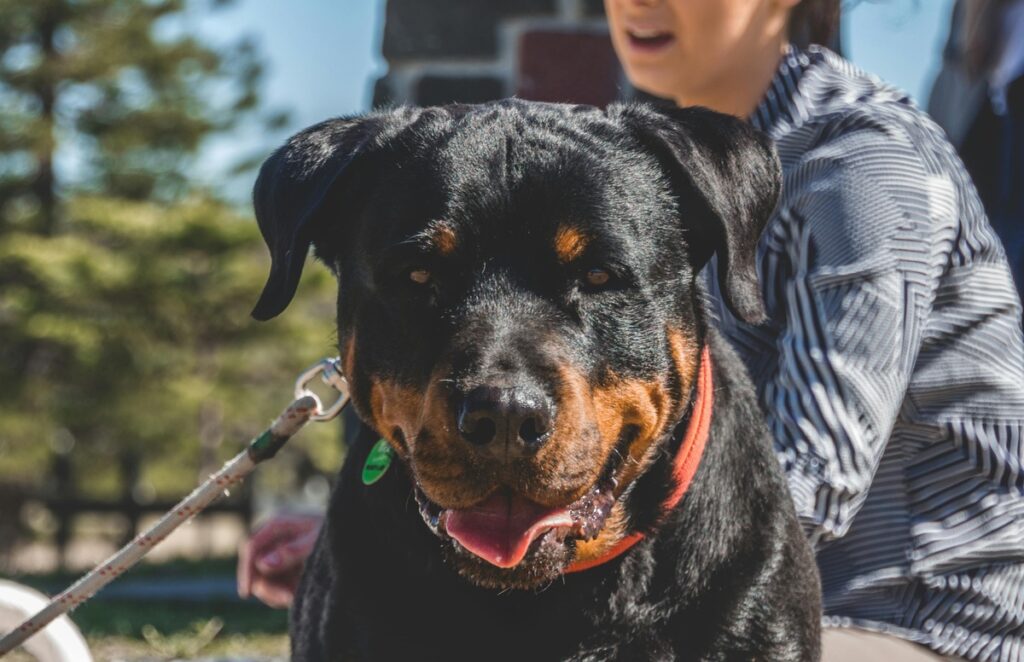
Rottweilers are powerful, loyal, and protective, but their guarding instincts can sometimes translate into aggression toward strangers or other animals. Without early training and consistent boundaries, Rottweilers may become overprotective, leading to behavioral challenges. They need confident, experienced owners who can channel their instincts appropriately while also providing affection and socialization to ensure they are well-rounded pets.
6. Jack Russell Terrier
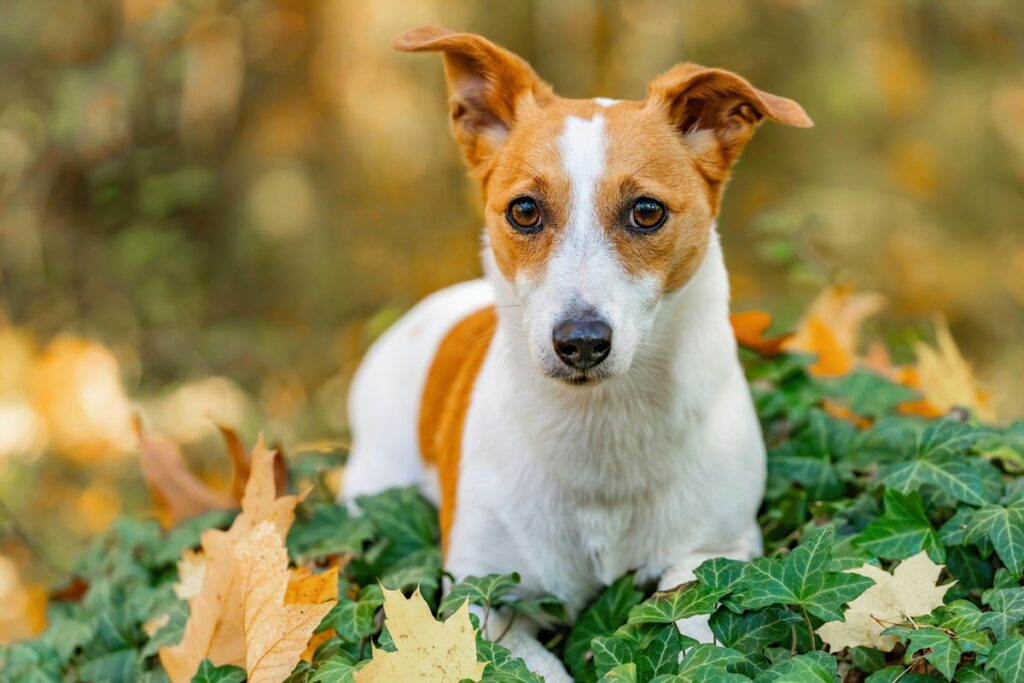
Jack Russells are tiny dogs with outsized personalities. Their high energy and relentless prey drive make them a handful for owners who can’t provide enough physical and mental stimulation. If left under-exercised or bored, they can become destructive and overly vocal. Their strong-willed nature means they require an active owner who understands their need for both play and discipline.
7. Siberian Husky
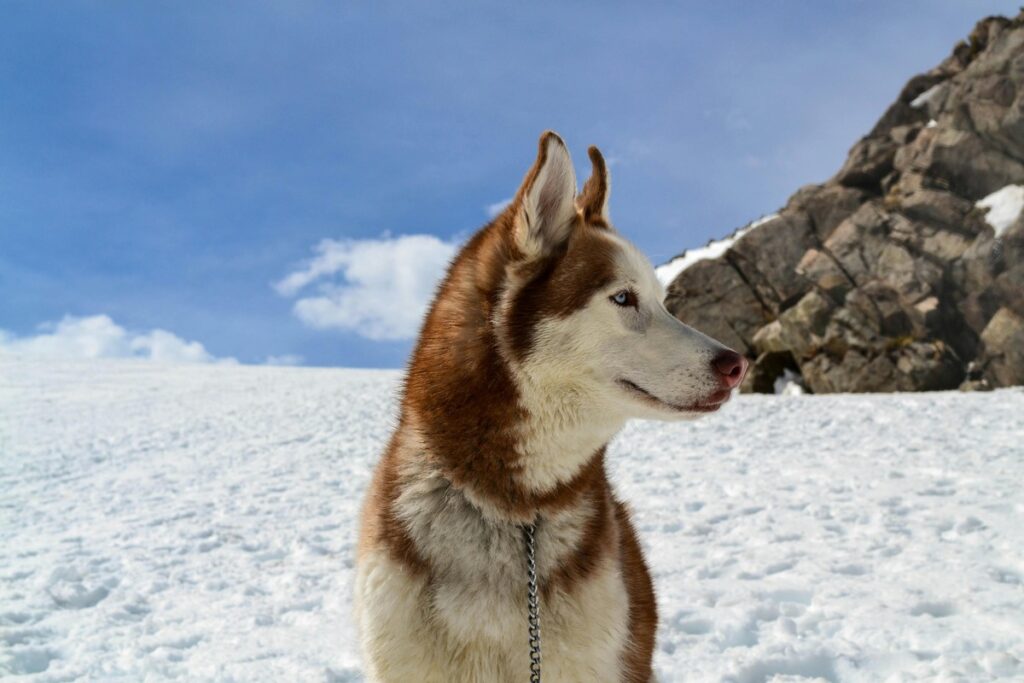
Siberian Huskies are stunningly beautiful with their thick coats and piercing eyes, but they are also infamous escape artists with a penchant for mischief. Their stubbornness and independent nature make training a challenge, and their strong prey drive means they might not do well in homes with small animals. Huskies thrive in homes with secure fencing and active owners who can provide plenty of exercise and mental engagement.
8. Weimaraner
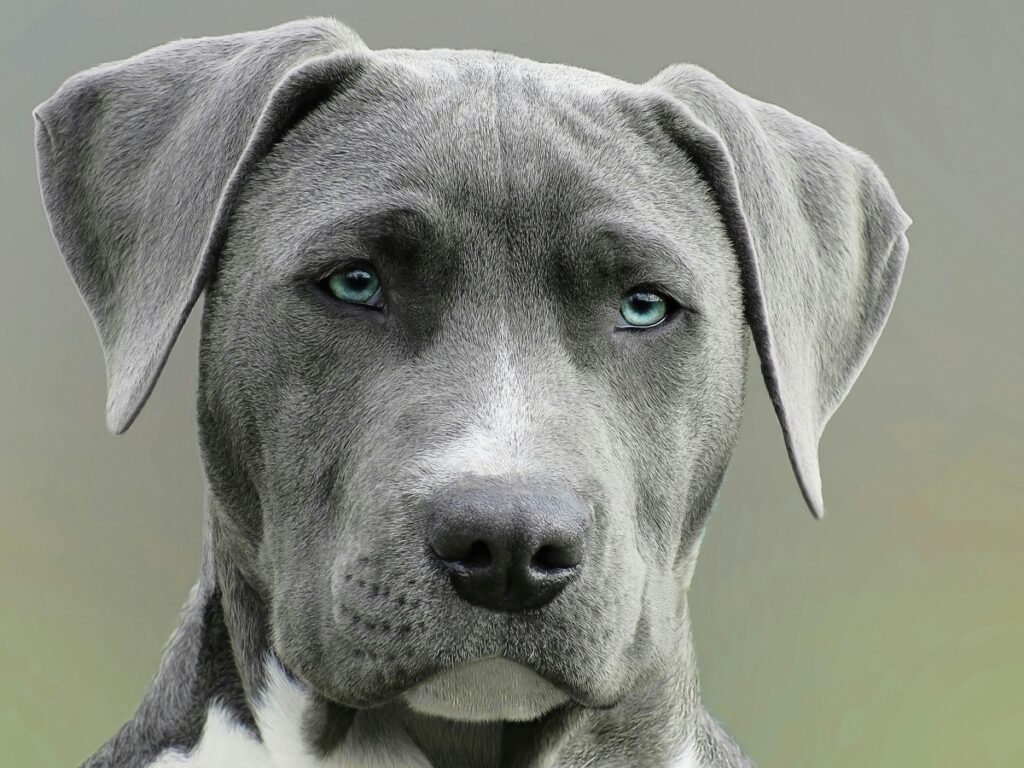
Weimaraners are sleek, athletic, and intelligent dogs that require constant companionship and activity. Their high energy and need for mental stimulation can make them difficult for owners who are not prepared for their demands. Without sufficient exercise, they can become anxious and destructive, developing separation anxiety if left alone for long periods. They are best suited for active households that can keep up with their physical and mental needs.
9. Chihuahua
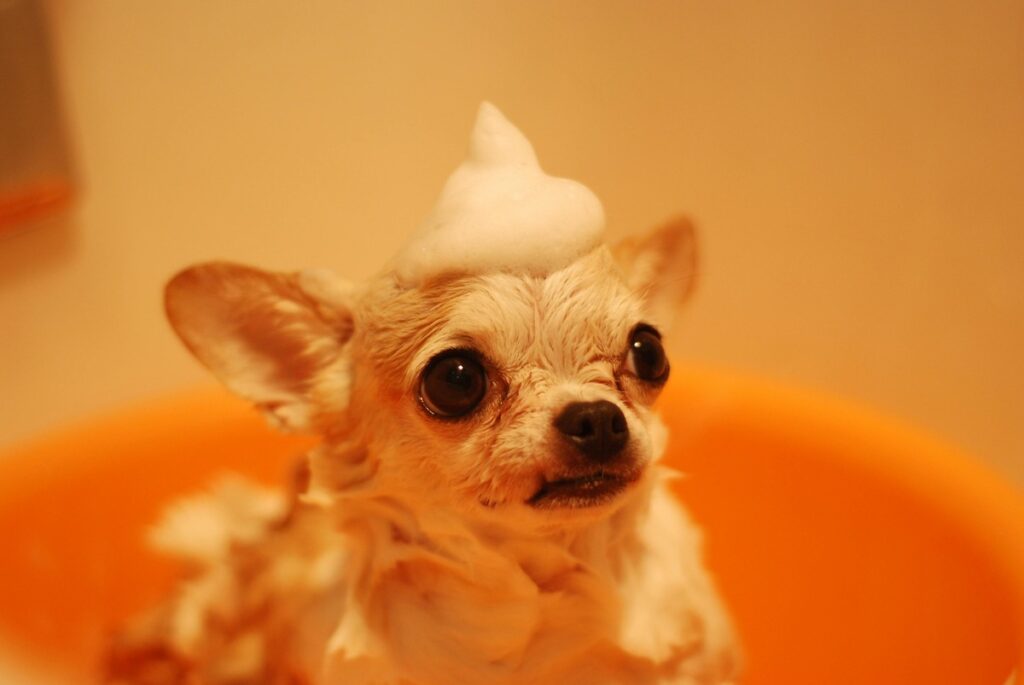
Chihuahuas may be small, but they come with a big attitude. They are known to be territorial and can become snappy or aggressive without proper training and socialization. Many owners treat them like babies due to their size, which can lead to behavioral problems as they fail to establish boundaries. Chihuahuas need consistent training and firm leadership to avoid developing “small dog syndrome.”
10. Dogo Argentino
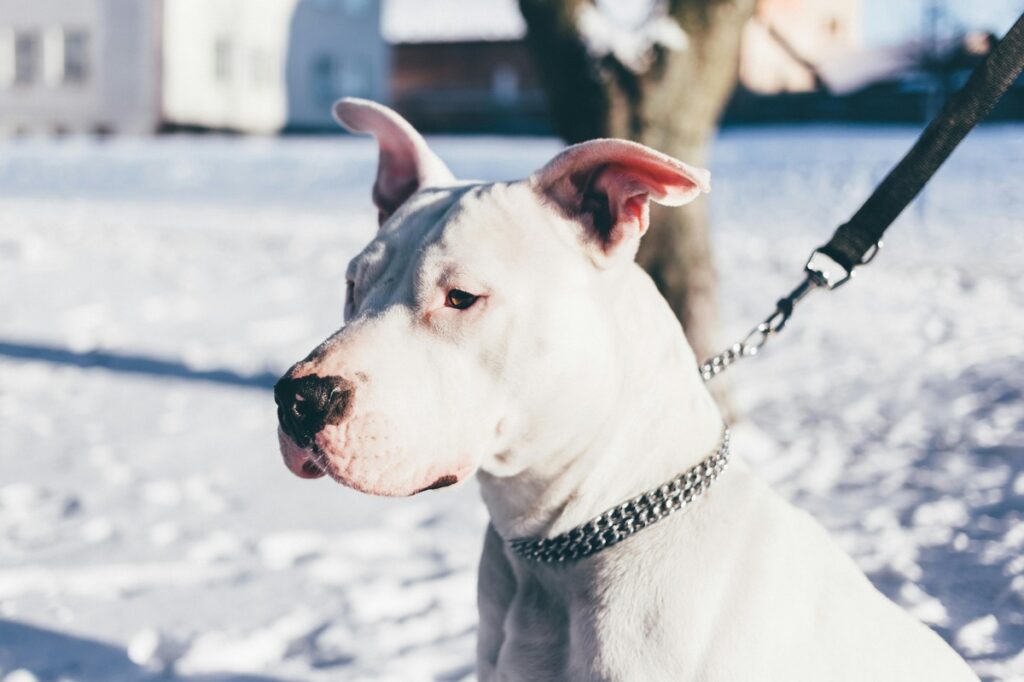
The Dogo Argentino is a powerful and imposing breed originally bred for big game hunting. Their strength and territorial instincts can make them difficult for inexperienced owners to handle. Without proper training and socialization, they can become overly dominant or aggressive. Dogo Argentinos need confident, experienced handlers who can provide structured training and plenty of mental stimulation to keep them balanced and happy.
11. Belgian Malinois
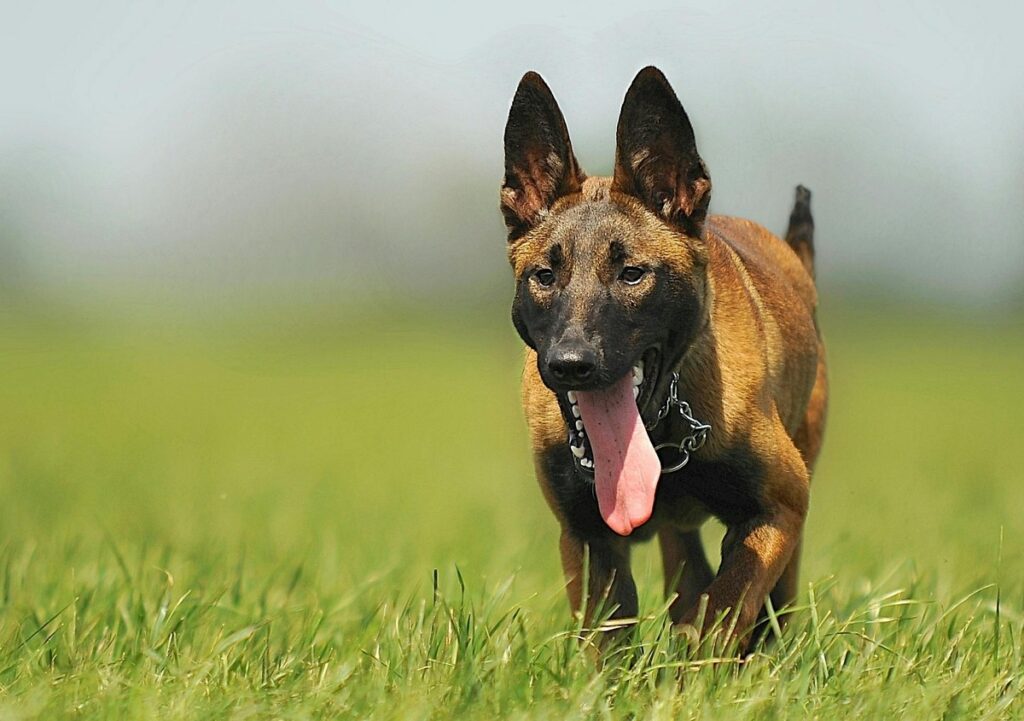
Belgian Malinois are incredibly intelligent and energetic, making them excellent working dogs in police and military roles. However, their high drive and need for mental and physical stimulation can be overwhelming for novice owners. They require constant activity, training, and firm leadership. Without proper engagement, they can become destructive and difficult to manage.
12. Border Collie
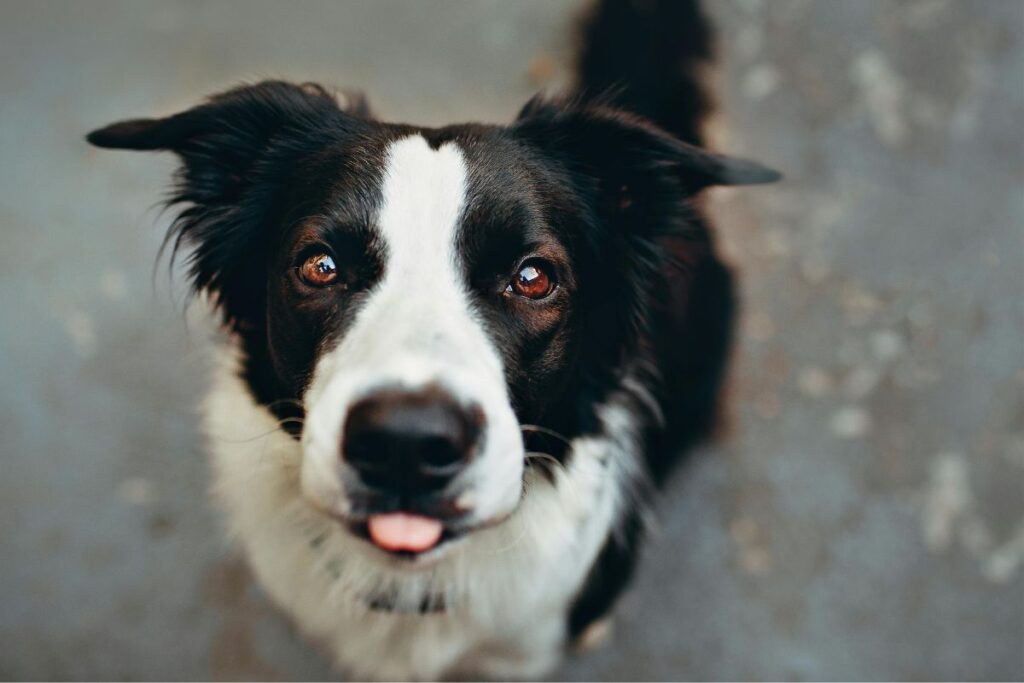
Border Collies are known for their intelligence and incredible work ethic, but their mental and physical needs can make them a challenge for unprepared owners. These dogs thrive in active environments with structured activities like herding or agility. Without enough stimulation, they can become anxious and exhibit unwanted behaviors. Training and consistent exercise are essential to keeping them happy and well-behaved.
13. Cane Corso
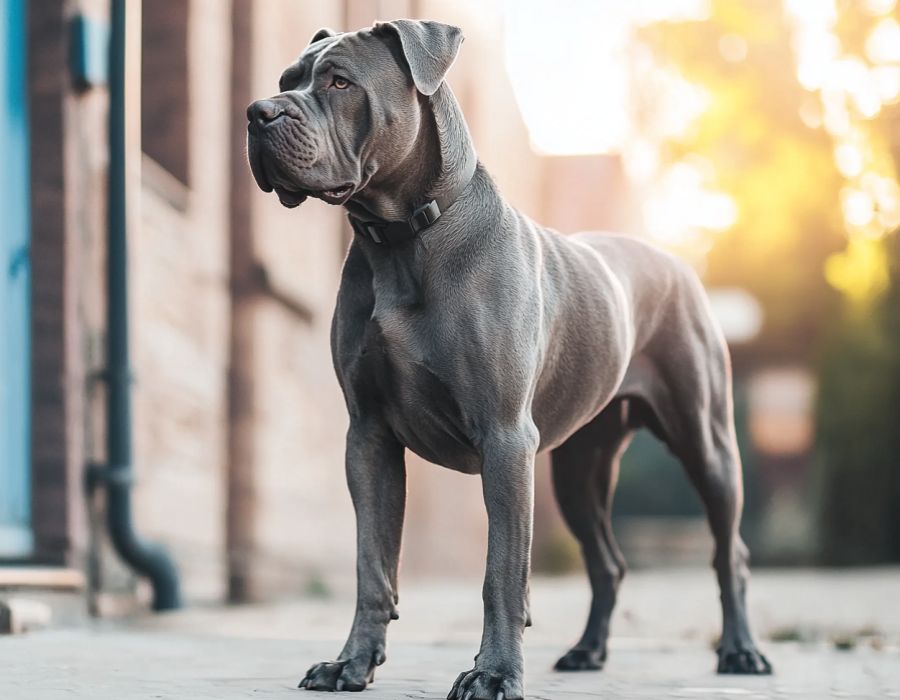
The Cane Corso is a powerful Italian mastiff known for its strong guarding instincts and territorial nature. While deeply loyal and affectionate with their families, Cane Corsos are naturally wary of strangers and require consistent, early socialization. Their size and strength make them difficult to manage for inexperienced owners, and without firm leadership, they can become overly dominant or aggressive.
14. Afghan Hound
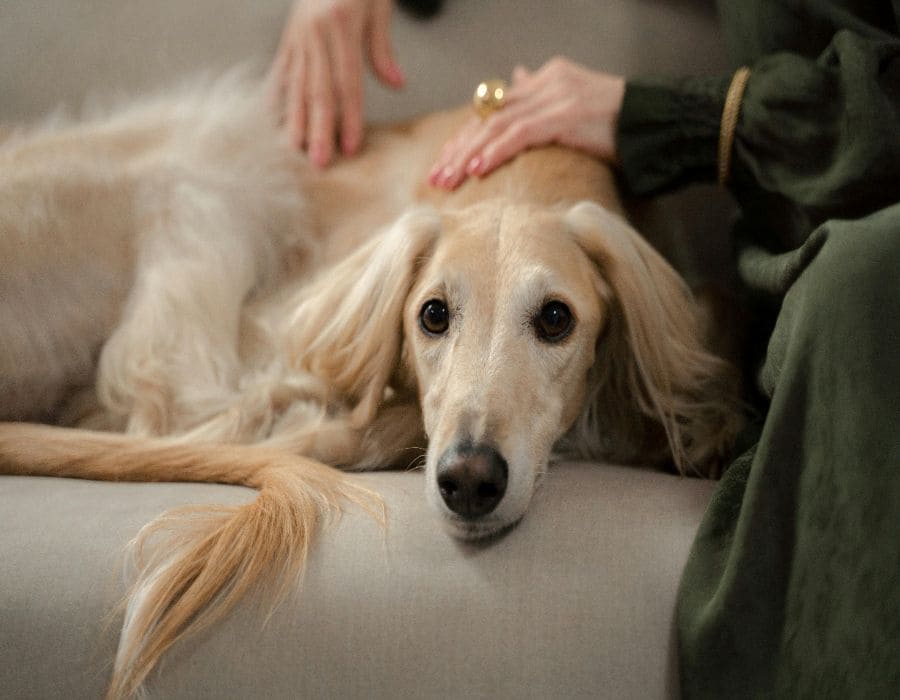
The Afghan Hound is a beautiful, independent breed known for its aloof nature and stubbornness. While elegant and dignified, Afghan Hounds are not eager to please and often ignore commands if they see no benefit. Their high prey drive and sensitivity to harsh training methods mean they require a gentle but persistent approach. They are best suited for patient owners who respect their independent spirit.
While these breeds are often labeled as “challenging,” their behavior largely depends on how they are raised, trained, and cared for. Each of these 14 breeds has the potential to be a loving and well-behaved pet in the right environment. If you’re considering one of these dogs, make sure you’re prepared for their specific needs and challenges. With proper training, socialization, and attention, even the most demanding breeds can become incredible companions.

